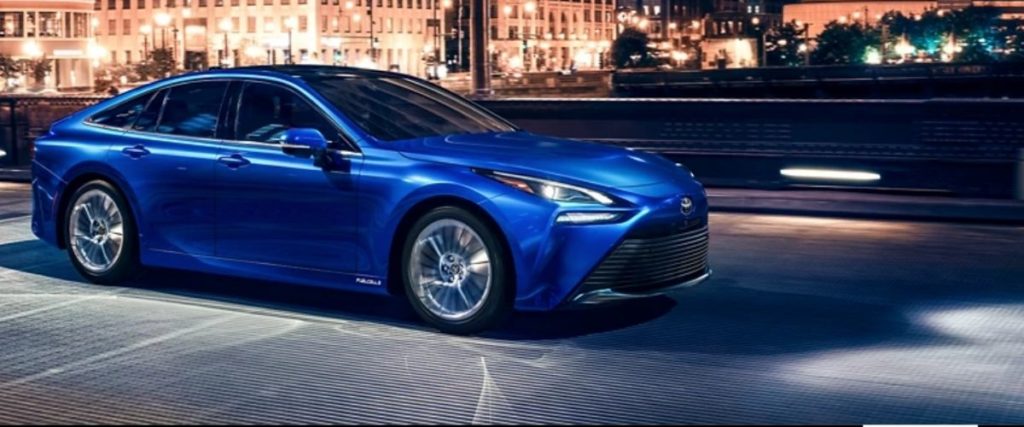Japanese industry leaders Toyota, Iwatani, and JGC are partnering to develop a new way to source hydrogen- from plastic waste. This will offer a solution for the country’s excessive waste production and natural resource deficit, paving the way for Japan to become a hydrogen economy.
Japan’s Toyota, Iwatani, and JGC Holdings are working together to research a prospective new hydrogen source through the processing of plastic waste. They aim to accomplish this by 2025, building up Japan’s hydrogen economy as the nation faces increased plastic waste production and growing pains in its energy sector.
S0 far, hydrogen production from plastic waste is a relatively new research area, leading startups in this field Ways2H and SGH2 being based in the US. The sector is rapidly growing, as shown by its adoption by these major Japanese firms and its potential to tackle both plastic waste problems and the production of a renewable clean energy source.
Developing a hydrogen economy in Japan will be greatly beneficial for the country’s decarbonisation efforts as it lacks fossil fuels and the space to build renewable energy plants.
Japan also generates an excessive amount of plastic waste, almost 9.4 million tonnes annually, the average citizen producing 37kg of single use plastic in 2019. The country incinerates 67% of plastic waste, the equivalent of 13 million tonnes of CO2, and sends 8% to landfill annually.
These three firms are planning to collect then pulverise plastic waste, burn it in low and high temperature gasification furnaces to produce a synthetic gas (syngas) which contains carbon monoxide and hydrogen. Water vapour can then be added to increase hydrogen concentration, which can be removed with an adsorber.
Specialising in engineering, JGC will lead plant design, industrial gas operator Iwatani will be in charge of hydrogen transportation, and automaker Toyota’s trading arm, Toyota Tsusho, the maker of the Mirai hydrogen fuel-cell car, will be working on the pilot project. The companies are now seeking a location for their demonstration project.
By 2030, Japan is targeting to have five million residential hydrogen fuel cells in place and by 2050, to produce 10% of its electricity from hydrogen and ammonia, accompanied by 800,000 fuel-cell cars in circulation.
Featured banner image credit: toyota.com
Related Articles
Japan to Resume Nuclear Research with US Fast Reactor Project
JFE Steel and Innoqua Partner to Restore Coral Reefs
Japanese Companies Invest in Phosphorus Extraction From Waste for Fertiliser





